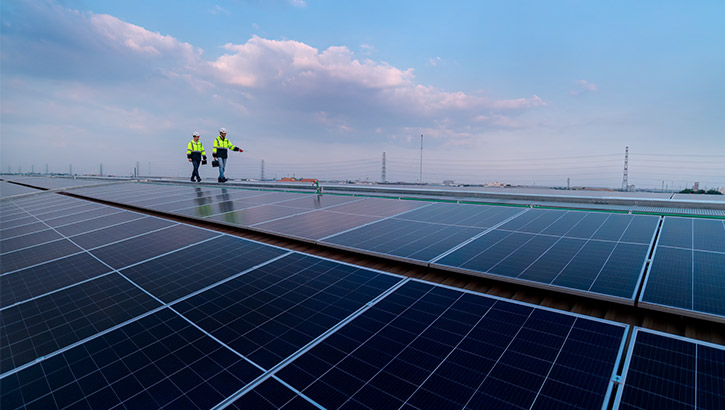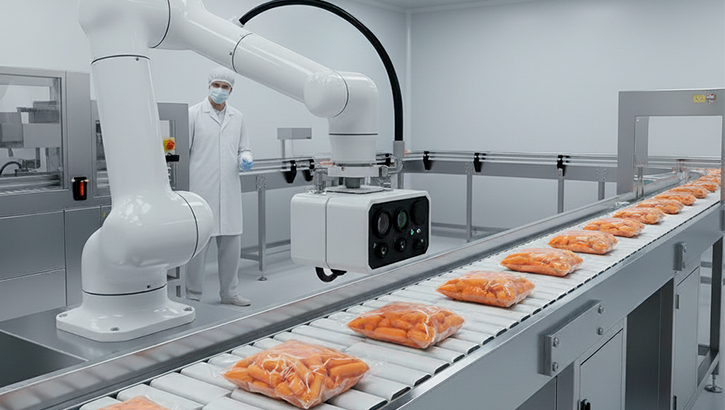The food industry is changing at great speed. It’s not just about producing more, but about doing it better, faster, and in a more sustainable way. Industrial machinery, from production lines to specialized equipment, is evolving to meet these challenges. What changes will we see in the coming years?
Machines that think for themselves
Today, many tasks are automated, but the future points to systems capable of making real-time decisions. Sensors and algorithms will adjust processes according to ingredient quality or product type. Less waste, greater efficiency, and more consistent production.
Automated machines and robots will become increasingly sophisticated, capable of carrying out tasks with greater precision and efficiency. It is expected that robots will not only handle repetitive processes, but also take on more complex roles, such as packaging, quality inspection, and handling food with sensitivity.
The future is not far away: it is already arriving, and it will transform the way our food is produced.
More sustainable production
Energy savings and waste reduction are no longer optional. New machines will incorporate heat recovery, water recycling, and energy optimization, ensuring efficiency without compromising quality. This will include the use of renewable energies, such as solar or wind, to power production plants. The use of recyclable and biodegradable materials in production lines and packaging will also be encouraged.

Flexibility for a changing market
Consumers want variety and customization. The lines of the future will be modular and adaptable, capable of processing different types of food and formats with minimal adjustments. This means being able to produce everything from fresh food to more complex preparations on the same line. This will include the use of renewable energy, such as solar or wind, to power production plants.
Companies that adopt these technologies will be ready to respond to a demanding and constantly changing market.
Total control thanks to digitalization
Sensors, IoT, and advanced software will allow monitoring of every step of production. From raw materials to the final product, everything will be under control. This improves traceability and safety, and provides data for constant innovation.
Emerging innovative technology
The future brings real innovation: 3D food printing, collaborative robotics, and artificial intelligence. Machines will not only perform tasks, but will also learn and adapt to business and market needs.
Improvements in food safety
With advances in sensors and control systems, the machinery of the future will be able to detect contaminants and ensure that products meet food safety standards. Machines are expected to be able to fully track each production batch, improving traceability and reducing the risk of contamination or errors.
Machinery in the food industry is moving toward a smart, flexible, and sustainable future. This will allow for more, better, and more responsible production.
